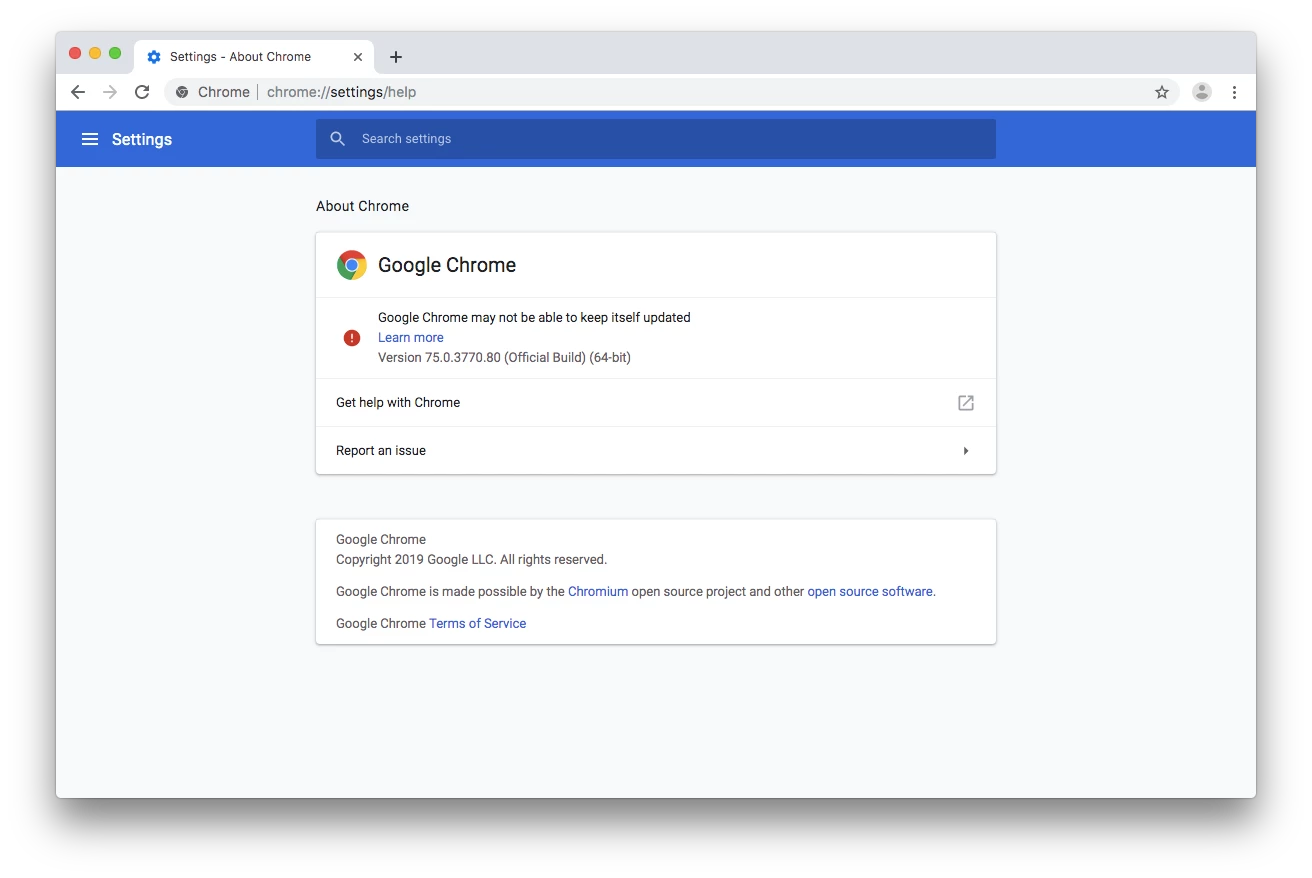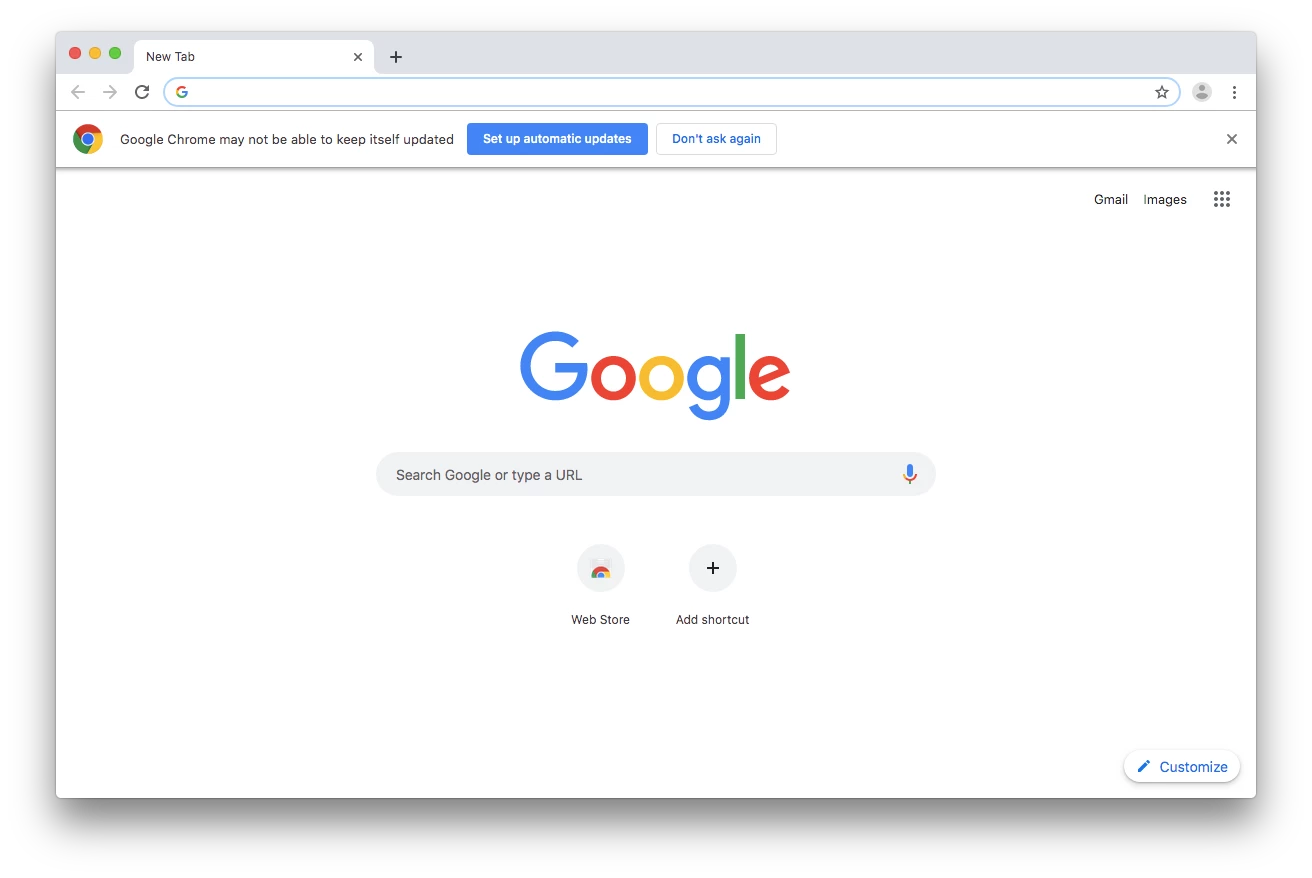I have just written a blog post on how to automatically update Google Chrome using Jamf if anyone is interested. You can find my blog post here:
https://lew.im/2017/03/auto-update-chrome/
I have seen a few different methods posted here, but most require some admin intervention (uploading new packages, changing version numbers etc.) but this method is fully automated. Create the Extension Attribute, Smart Group and Policy and you're good to go! Every time Google release a new version of Chrome, this script will automatically grab it and install it on your Macs.












